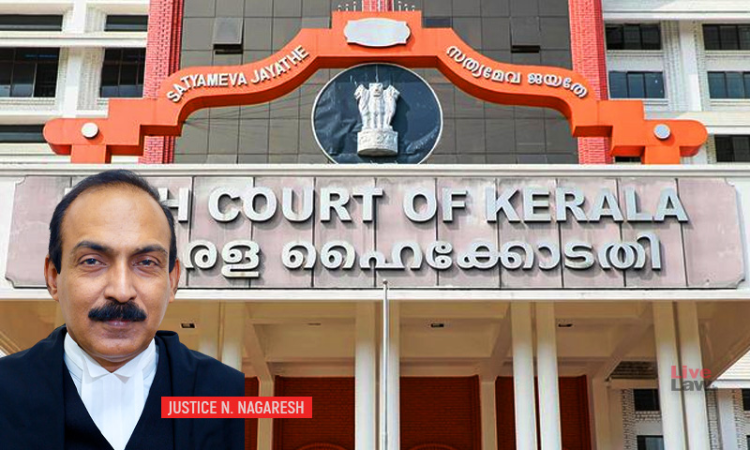Section 164(2) Companies Act Not Retrospective; Default Before 2014-15 FY Can't Be Considered : Kerala High Court
Hannah M Varghese
19 Jun 2021 3:46 PM IST

The High Court has upheld the constitutional validity of Sections 164(2) and 167(1) of the Companies Act, 2013
Next Story


